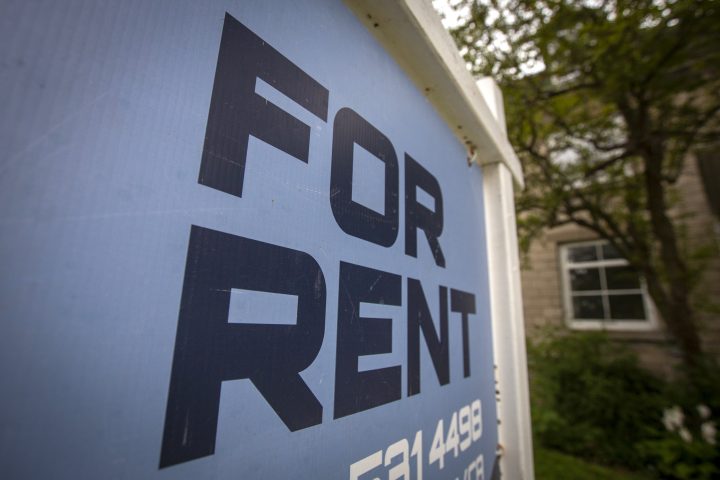The Saskatchewan Human Rights Commission (SHRC) released its report, Access and Equality for Renters in Receipt of Public Assistance: Update Report to Shareholders, on Thursday.

The report highlights three years’ worth of work and conversations that started from a similar report in the spring of 2018. The initial report found that people were being discriminated against on public assistance, as well high levels of discrimination towards single mothers and people who identified as Indigenous.
“Sometimes a single mother would go to a landlord and say ‘I would like to rent this place and often and many times they would be turned away,” said Darrell Seib, the director of systematic initiatives for SHRC.
Following the report, a Renters in Receipt of Public Assistance Systemic Advocacy Committee was created. This committee included representatives from stakeholder groups, including landlords, renters, community groups, the Government of Saskatchewan agencies and the City of Saskatoon.
This committee heard from stakeholders and experts and began discussions on ways to reduce barriers and address systematic patterns of discrimination.

“We’ve really achieved what we set out to achieve from the commission’s perspective… We’ve instilled the idea that a person’s and individual’s human rights must be respected in a housing rental situation, its in the human rights code, and I think we’ve created that awareness with many organizations,” added Seib.
Seib says the issues that have been addressed went on for a long time, and they still continue to be addressed. “The issues at hand are significant, and they will continue to be significant,” said Seib.
This is the conclusion of the work the commission started back in 2018, but it remains prepared to take individual complaints and to educate the stakeholders on the importance of human rights.
- ‘Shock and disbelief’ after Manitoba school trustee’s Indigenous comments
- Invasive strep: ‘Don’t wait’ to seek care, N.S. woman warns on long road to recovery
- Grocery code: How Ottawa has tried to get Loblaw, Walmart on board
- ‘Super lice’ are becoming more resistant to chemical shampoos. What to use instead




Comments